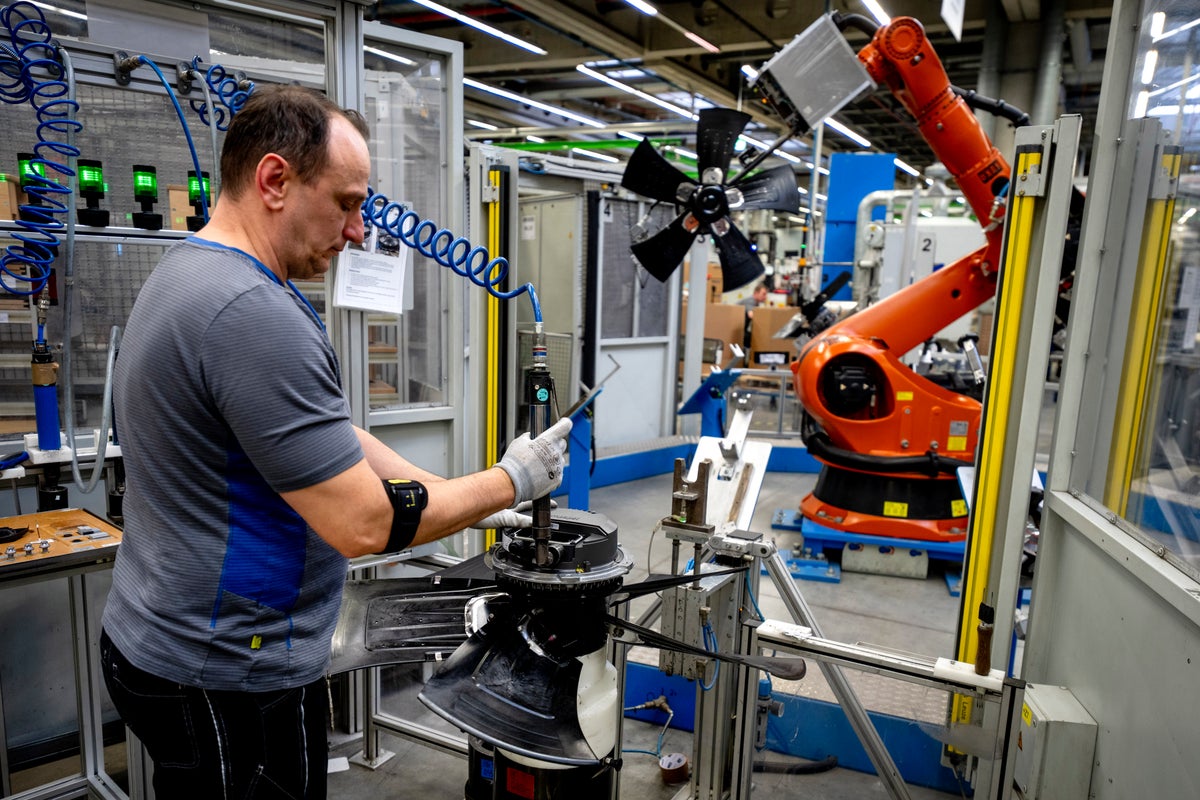Five reasons why Germany’s economy is in the dumps
Germany's Economic Struggles Explained

Germany’s economy has stagnated for the past five years, marking a significant shift for Europe’s largest economy. Once a powerhouse of exports, particularly in industrial machinery and luxury vehicles, Germany now faces multiple challenges that hinder its growth. This article explores the key factors contributing to Germany’s ongoing economic slump.
Key Factors Behind Germany’s Economic Decline
One of the primary reasons for Germany’s economic struggles is the energy shock stemming from Russia’s invasion of Ukraine. Moscow’s decision to halt natural gas supplies has severely impacted Germany’s industrial sector, which relied heavily on affordable energy. In 2011, former Chancellor Angela Merkel’s decision to phase out nuclear power led Germany to depend on Russian gas as a transitional energy source. This reliance proved disastrous when gas supplies were cut off, causing energy prices to soar. Industrial users now pay an average of 20.3 euro cents per kilowatt-hour, significantly higher than their competitors in the U.S. and China, where costs are around 8.4 euro cents. The transition to liquefied natural gas (LNG) has not filled the gap quickly enough, as infrastructure for renewable energy sources like wind and hydrogen remains underdeveloped.
Another critical factor is the shift in Germany’s relationship with China. Initially, Germany benefited from China’s entry into the global market, gaining access to a vast consumer base for its industrial products. However, as Chinese manufacturers began producing similar goods, competition intensified. State-subsidized Chinese solar panels have decimated Germany’s solar manufacturing sector. By 2024, China had become a net exporter of vehicles, while Germany’s car exports halved. This shift has left Germany vulnerable, especially as China ramps up its production capacity.
Germany’s complacency regarding infrastructure investment has also played a role in its economic decline. During prosperous years, the government prioritized balancing budgets over long-term projects. As a result, the country now faces outdated transportation systems and insufficient high-speed internet access. Delays in critical infrastructure projects, such as a transmission line for renewable energy, have further hampered economic growth.
The shortage of skilled labor is another pressing issue. A survey revealed that 43% of German companies struggle to fill open positions, with the figure rising to 58% for larger firms. The decline in interest among students in STEM fields, combined with an aging population and bureaucratic hurdles for hiring skilled immigrants, exacerbates the problem. Furthermore, excessive bureaucracy stifles business operations, with lengthy approval processes for projects like wind turbines and unnecessary paperwork burdens on companies.
